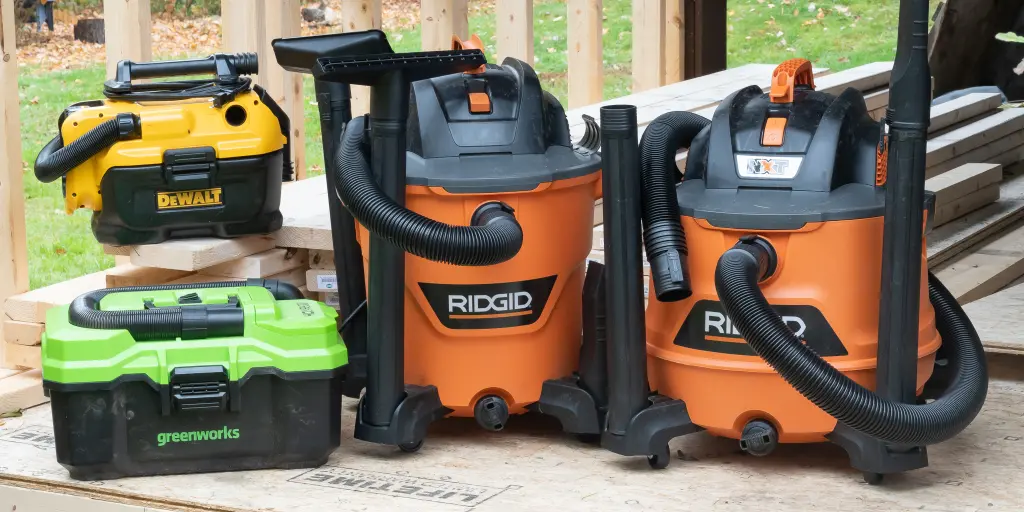How Businesses Can Improve Ethical Standards for Sustainable Profitability
Published: 2025-08-14

Striving only for profits? You’re doing business the wrong way. It’s not enough to just chase numbers. You must build a business that people trust, respect, and genuinely want to support.
So, what’s the secret ingredient to that? Ethical business practices. Making money sure is important. But it’s running an ethical business that helps it grow for the long haul and keeps customers coming back.
This approach of balancing purpose and profit is often called sustainable profitability, as your business keeps on thriving, year after year.
In this article, we’ll see why ethical practices are good for your business. Then, we'll look at some easy-to-start steps. Shall we dive in, then?
Why are Ethical Practices Important in Business?
Thinking about ethics as a core part of your business strategy might just be one of the best moves you can make. Why? Let's take a look here.
1. Better Brand Recognition
Doing good gets your business noticed in a very good way. Ethical actions help build a shiny, positive image for your brand. People remember companies that stand for something beyond profits.
When your company is known for its strong values, it’s not just seen as a seller of products or services. It becomes a brand people connect with on a deeper level. This makes your brand stand out.
Ethical branding helps your company become known for something more than just its products, building awareness and recognition for all the right reasons.
Look at Lincoln Financial. Ethisphere has identified it as one of the World's Most Ethical Companies for several years in a row. This award publicly highlights its integrity. It significantly boosts its reputation in the competitive financial services indus
Starbucks is another great example. Its “C.A.F.E. Practices” program supports coffee farmers and promotes ethical sourcing. This is a big reason why Starbucks is recognized and admired globally financial services industry.
2. Prevent Legal Consequences
Unfair or shady practices can land your business in serious hot water. This includes things like misleading ads or not being honest with customers.
Such actions can lead to angry customers suing you. Competitors might take legal action. Or, the government could also impose some fairly large fines if things go wrong.
The Volkswagen ‘Dieselgate’ affair is an example to consider as the company wasn't honest about its emissions tests. This cost them billions of dollars in fines and settlements. It also massively damaged the trust people had in their brand.
Medical equipment supplier, Bard Access Systems, also hit the headlines for the wrong reason. It, along with its parent company Becton Dickinson, faced lawsuits for selling defective Power Ports.
The plaintiffs in the Bard Power Port lawsuit state that the catheter material has some serious flaws. Specifically, they say that the use of Chronoflex AL with a high concentration of barium sulfate makes the device prone to cracking, breaking, and even moving inside the body.
TorHoerman Law reports that plaintiffs suffered from blood clots, severe infections, and life-threatening events like sepsis.
Aside from the immediate monetary damage, these types of legal problems can totally destroy your business's reputation. This can be very hard and costly to restore.
3. Increased Customer Loyalty and Sales
Ethical practices are a massive driver of customer loyalty.
This makes sense. When customers trust you and believe in what your business stands for, they are far more likely to stick with you through thick and thin.
Numbers back it up. Around 68% of consumers say they prioritize ethical practices when deciding what to buy.
This is not just about choosing one ethical brand over another. Research shows that 66% of global buyers actually pay more for products from companies that make positive commitments to social and environmental practices. That is a compelling incentive to do well.
Take CVS Health, for example. When it took the ethical step of ceasing tobacco sales, it didn't suffer any harm; rather, it expanded. Its profits and revenues grew substantially, proving that customers will reward companies that take strong, ethical stands.
4. Improved Bottom Line
This might be the greatest reason of all because ethics can increase your bottom line. Firms that have good ethical reputations generally do better financially than their competitors. It’s a real, measurable advantage.
Ethisphere’s data shows that top ethical companies are seriously outperforming others by a whopping 24.6%. How great is that?
Plus, its 2025 lineup of the 'World's Most Ethical Companies' was shown to have done noticeably better than similar global companies. They outperformed the others by 7.8% over the last 5 years (from January 2020 to January 2025). So, it really seems like being ethical is pretty good for business. In fact, it is like a bonus return on investment.
This consistent outperformance isn't just luck. It is the result of an ethical approach that tends to lead to many good things. These include a better brand image, more loyal customers, happier and more innovative employees, smarter ways of working, and fewer legal problems. It all adds up to better financial results.
How You Can Improve Ethical Standards in Your Business
Here are some practical ways to boost the ethical standards in your business.
1. Develop a Clear and Actionable Code of Ethics
It all starts with setting the standard. A code of ethics helps everyone make good choices every day. It’s not about a bunch of stuffy rules, but a clear, friendly guide. It really helps paint a clear picture of your company's core values for everyone. It shows how to act in ways you can all be proud of.
Integrity, honesty, respect, fairness, and accountability should be at the forefront. These are your code’s ethical foundation. Also, have a clear process for how employees can report any ethical issues without the fear of retaliation.
Make your code real and relatable, though. It should address the kinds of real-life questions and ethical dilemmas your employees might actually encounter in their day-to-day work. Confusing corporate jargon or legalese is a big no-no! No one understands that. Use plain English, instead.
Costco's Code of Ethics is a great example. It is simple and powerful: Obey the law, take care of members and employees, and respect suppliers. That’s it. It’s memorable and provides clear guiding principles that employees can easily apply.
2. Be a Champion of Diversity, Equity, and Inclusion (DEI)
Embracing DEI is an ethical move and a brilliant business strategy. First off, it’s simply the right and fair thing to do. Treating everyone with respect and giving them equal opportunities is a cornerstone of being an ethical business.
When you invite all types of people to come through your doors, you have a much larger pool to choose from. So, you can find the absolute best candidate for the job.
You'll also find employees happier and more enthusiastic about what they're doing when you appreciate them and treat them like a part of the team.
Diverse teams can spark incredible innovation through new perspectives and ideas. Research shows that diverse teams make better decisions 87% of the time. They are 70% more likely to discover new markets.
And yes, it’s fantastic for your bottom line. Companies that are strong in gender diversity on their executive teams are 21% more likely to outperform on profitability. Those strong in ethnic diversity are 33% more likely to be industry leaders in profit. That’s a serious boost.
To boost DEI, get leaders on board. Educate your team with ongoing DEI training covering cultural understanding and bias recognition. Review your hiring process for inclusivity. Try blind resume reviews and diverse interview panels. Offer mentorship programs, especially for underrepresented groups.
3. Choose Ethical Partners and Suppliers
The companies you team up with really, really matter. These include your suppliers who provide your materials.
It also includes partners who help deliver your services. They are a reflection of your business. Your suppliers engaging in unethical practices, like using forced labor, can harm your brand's reputation.
To pick good, ethical partners and suppliers, set your ethical standards clearly. Define what ethical practices mean for your business. Then, communicate these expectations very clearly to any potential suppliers right from the start.
Do a little detective work as well. Investigate their reputation in the industry. Check their financial stability to ensure they are a reliable partner. Verify that they comply with all relevant laws and regulations.
Look for recognized certifications, like Fair Trade, FSC for lumber, or others relevant to your industry, that indicate they meet specific ethical standards. These can provide a level of assurance.
Don't just take their word for it; ask for references from their other clients and actually check them. If it's feasible, try to visit their facilities. You’ll get valuable insights into their practices.
Patagonia's a great example. It has a thorough Supplier Workplace Code of Conduct, which is guided by respected International Labour Organization (ILO) standards. It makes sure to cover all the crucial bases like no child labor or forced labor and fair wages.
With Artificial Intelligence (AI) becoming more deeply embedded in business operations, ensuring its ethical use is now an important part of responsible leadership.
Doing Good Feels Great, and It Pays Off!
Being an ethical business is a truly smart strategy for lasting success. Doing things the right way keeps customers happy and loyal and can even boost your profits.
And the best part? There are straightforward, practical ways to weave these ethical practices into the very fabric of your business.
So, take these ideas, think about what feels right for your business, and start making those positive changes. You're building something special. Making it ethical will only make it stronger and more wonderful. You absolutely have what it takes to do good and do well!
As AI becomes a key player in modern business, integrating it ethically will be essential to maintaining trust and sustainability.
















Add Comment